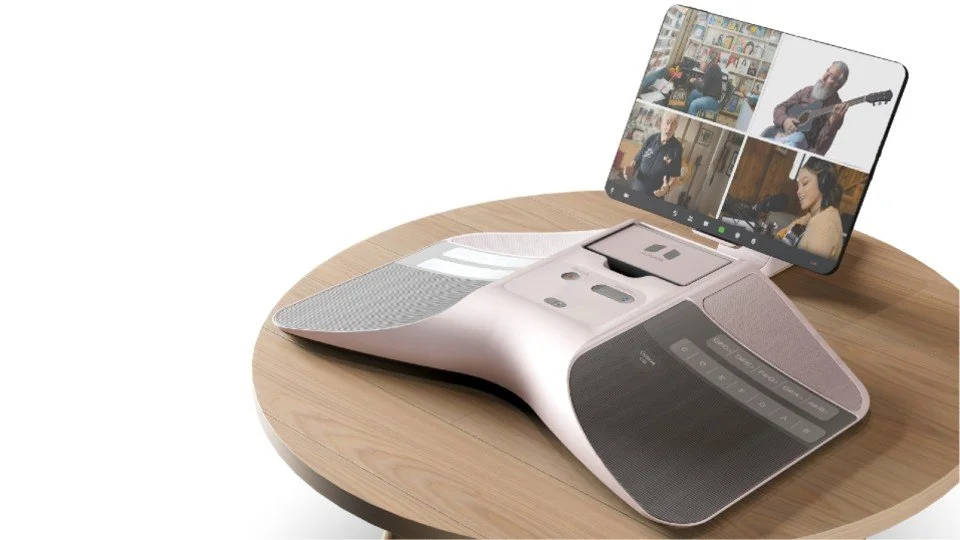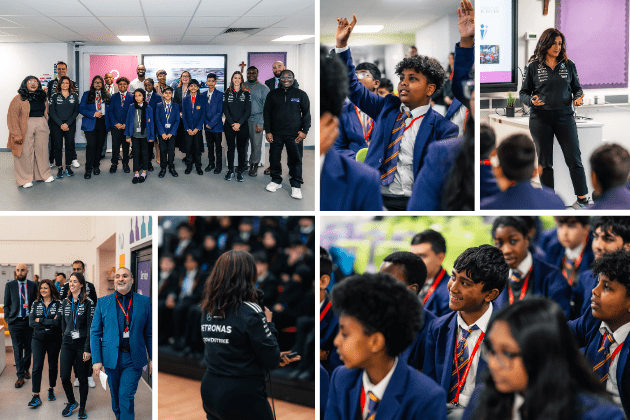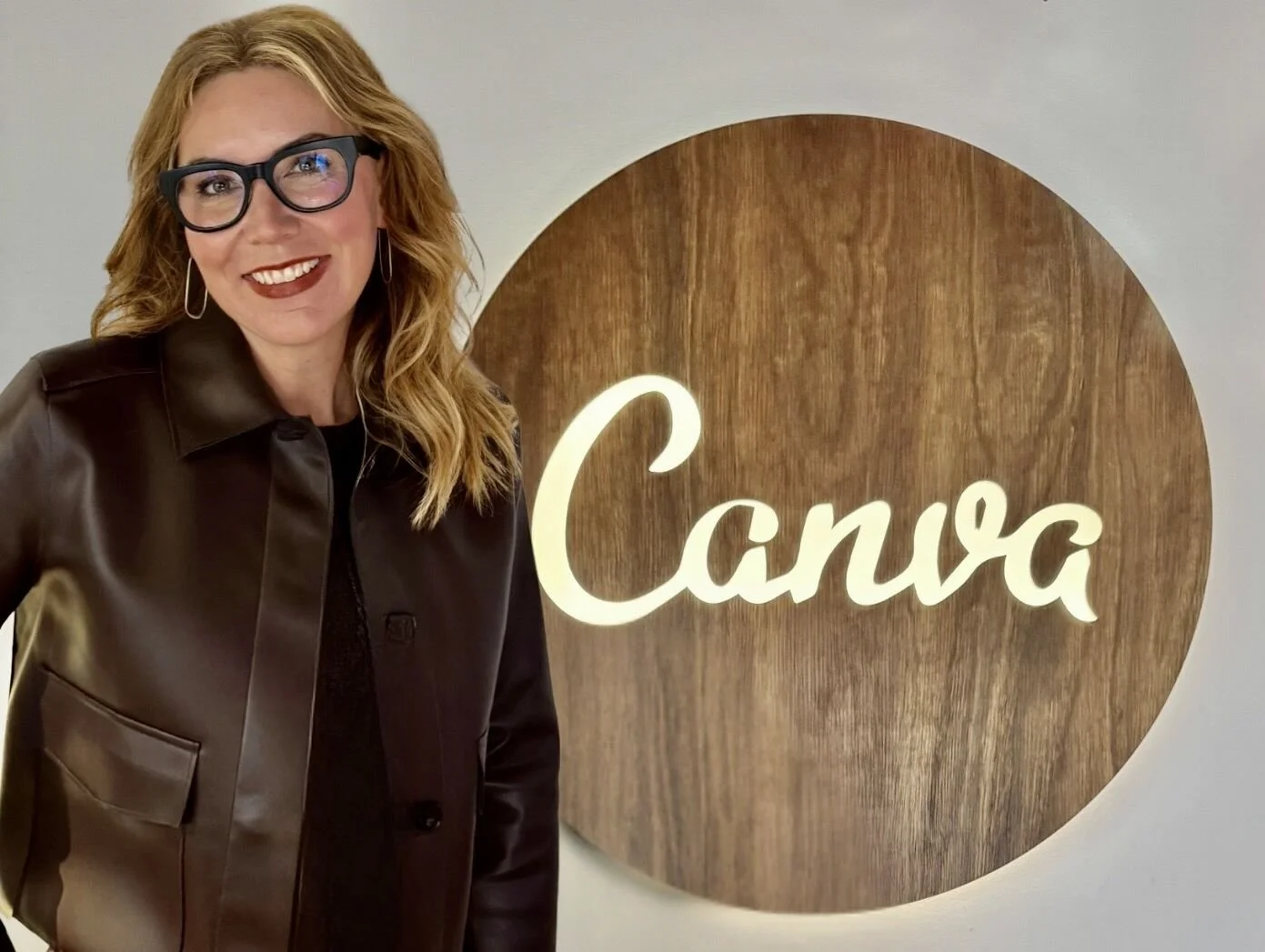Loughborough graduate designs digital instrument to support older adults’ motor skills and social connection
Created in the UK, Sonare aims to reduce physical and social barriers to music-making for older adults through an accessible digital design.
Photo credit: Loughborough University
Loughborough University product design graduate Alex Gunning has created Sonare, a digital musical instrument aimed at making music more accessible to older adults. The device addresses challenges such as limited mobility, fine motor difficulties, and social isolation.
Addressing barriers to music-making
Unlike traditional instruments that require strength and dexterity, Sonare has a lightweight, ergonomic design. Users can trigger sounds by tapping or swiping, enabling solo or group play without the strain of heavy keys or strings. The instrument integrates sound, looping, and recording functions in a single portable device, reducing the need for separate expensive equipment.
Gunning says the idea stemmed from personal experiences within his family. “Members of my family (aged 70+) have experienced difficulties playing instruments, and some have had to give up entirely. Other members aged over 60 never learnt, and I was eager to learn why,” he says.
His research found that up to 43 percent of older adults experience social isolation, often worsened by limited mobility or living alone. Group music-making can provide mental health benefits, but traditional instruments are often physically demanding, particularly for the one-third of people over 60 living with osteoarthritis.
Features designed for accessibility
Sonare includes three core modes: Solo Play, Local Group Play, and Virtual Jam. Built-in speakers, adaptive difficulty, and personalized feedback make individual learning accessible, while online features enable virtual collaboration and community engagement.
Gunning emphasizes that affordability was also a key design factor, noting that many older adults live on fixed incomes and cannot invest in multiple instruments or complex software. By combining multiple functions into one device, Sonare aims to lower the financial barrier to making music.
Prototype with long-term ambitions
Currently a prototype, Sonare was showcased at Loughborough University’s School of Design and Creative Arts Degree Show in June. Gunning hopes to bring the product to market as an affordable, user-friendly tool to support lifelong creativity, social connection, and emotional wellbeing for older adults.
“Sonare is about more than music—it’s about creating inclusive opportunities for older adults to stay connected, express themselves, and build confidence through learning,” Gunning says.





















